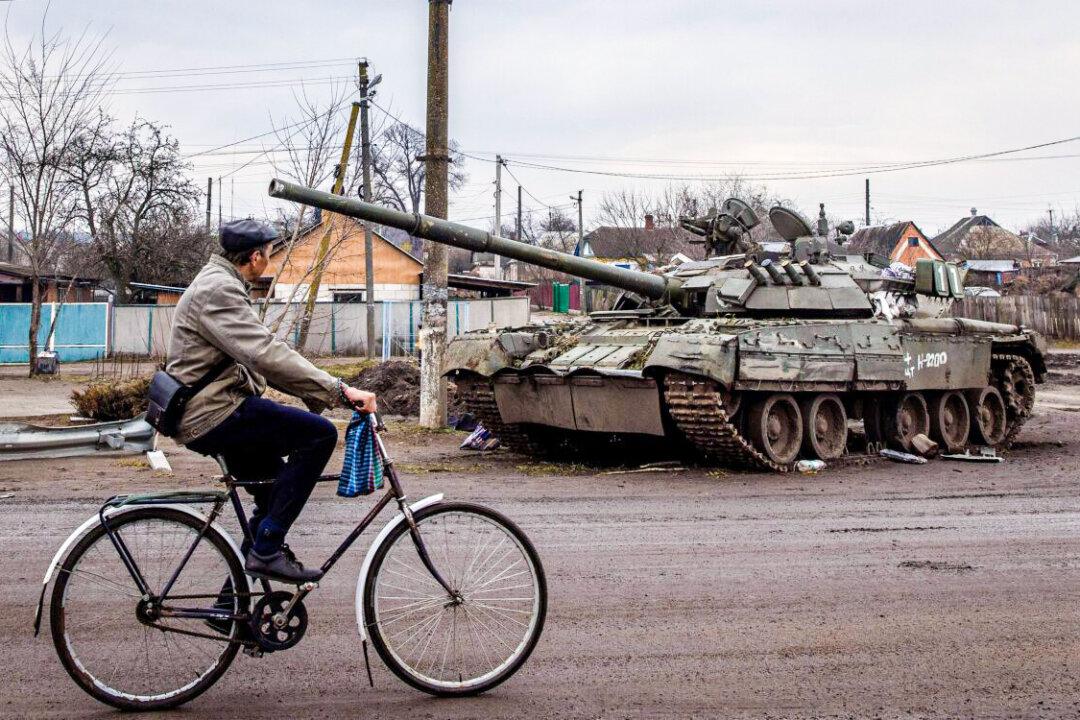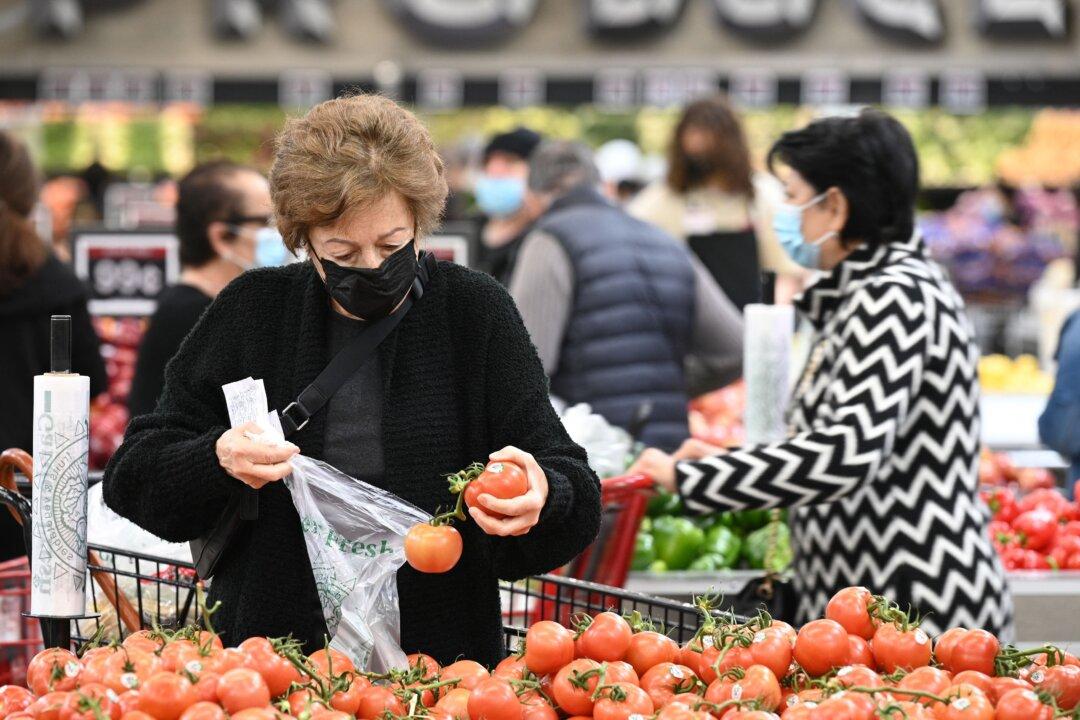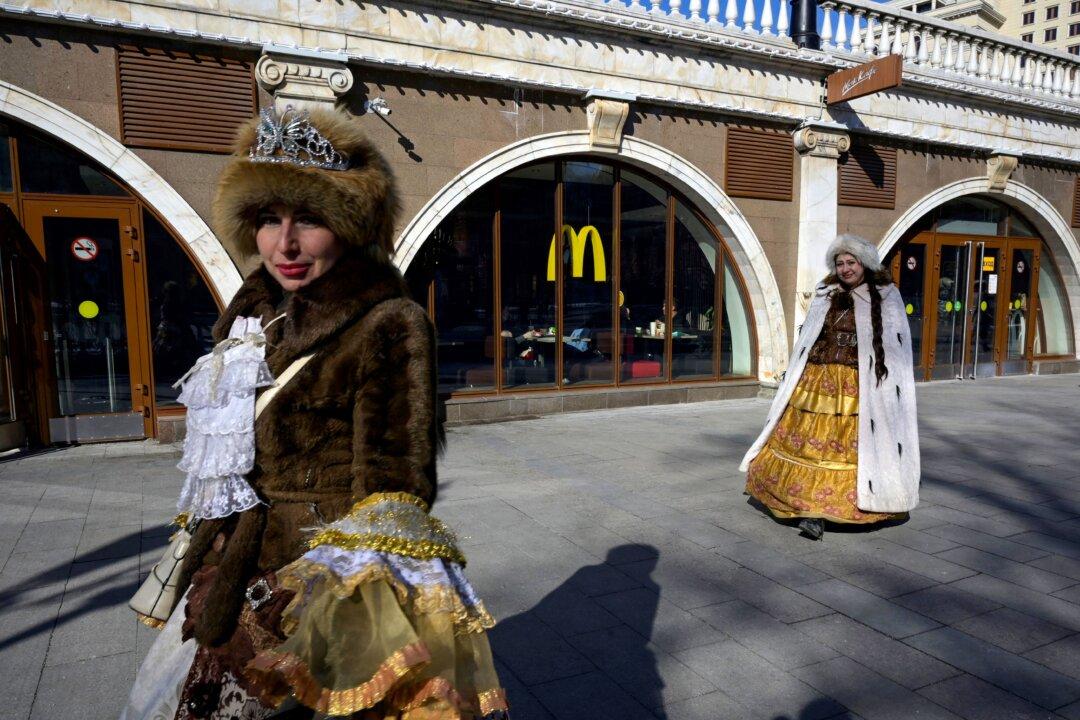The uncertainty of a war zone in Ukraine has led companies both large and small to push the pause button on their operations. While some are shutting their doors indefinitely, others have looked for ways to continue by relocating employees or modifying work schedules and projects.
The long-term effects for local and global economies remain unknown.





